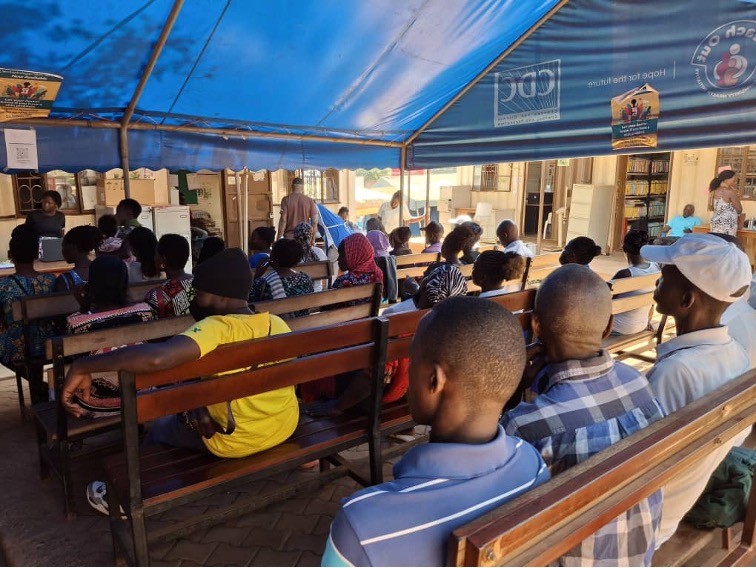Over the last three weeks, the world has been inundated with news of the stop-work order affecting all U.S. government foreign aid programs, including the President’s Emergency Plan for AIDS Relief (PEPFAR). Uganda, a key recipient of PEPFAR support, has over 1.4 million people living with HIV who benefit from improved access to antiretroviral therapy (ART). The PULESA Uganda trial leverages the successful, PEPFAR-supported HIV program to expand hypertension services to more than 25% of the 80,000 individuals receiving HIV care across sixteen clinics in Kampala and Wakiso districts. However, following the US government directive, implementing partners in these districts immediately ceased operations and withdrew their staff from HIV clinics, severely disrupting clinical services for both HIV and hypertension care.
Despite the reduction in healthcare workforce, several clinics participating in the PULESA Uganda study have adopted innovative approaches to ensure the continued delivery of essential HIV and hypertension services. To address staff shortages, some public service personnel from other departments have been reassigned to support continuity of care. People living with HIV (PLHIV) and those with comorbid hypertension continue to receive ART and antihypertensive medication refills, albeit with little or no attention to other clinical needs. In some clinics, providers who previously worked under PEPFAR-supported implementing partners are volunteering their services to ensure that PLHIV continue to receive HIV and hypertension care. While facilities have been affected, many continue to operate with minimal interruption.
The widespread news about the pause in HIV funding has caused significant anxiety and worry among recipients of care. Many PLHIV are uncertain whether they will continue to receive a consistent supply of their ART and antihypertensive medications. Some, fearing potential shortages, have returned to clinics ahead of their scheduled appointments to refill their medications and ensure they have enough supplies for an extended period.
Moving forward, it is crucial for stakeholders, including governments, NGOs, and international partners, to find sustainable solutions to prevent future disruptions in HIV and hypertension care. Ensuring continuous funding and exploring alternative support mechanisms will be essential to safeguarding the health and well-being of those dependent on these critical services.

